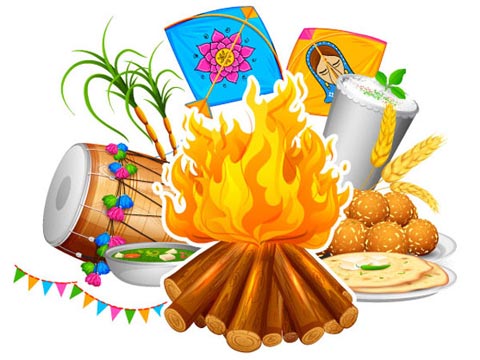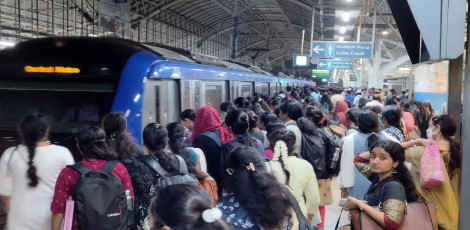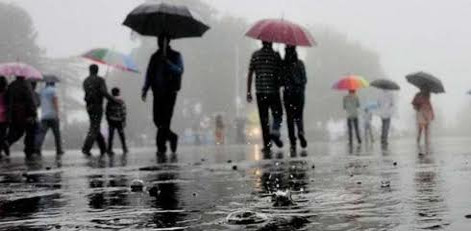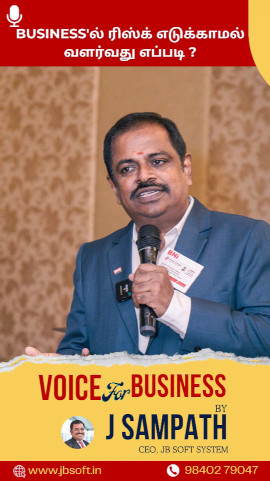No. of views : (11338)
Some interesting news-bits about Bhogi festival
Posted on: 13/Jan/2018 12:35:31 PM

Bhogi festival is celebrated on the last day of the sacred Tamil calendar month Margazhi. The original name given in Tamil was pokki pandigai. This got transformed into Bhogi pandigai.
As per the tradition, the old unwanted items in the house are removed and the cleaning of the house is taken up removing the dirt and unwanted items, it was called originally as Pokki pandigai � Pokku in Tamil means removal (of dirt and unwanted items). Now called as Bhogi, it is celebrated on the eve of the famous Pongal festival.
As a tradition, fresh painting of the houses are done before Pongal. Thus, on the special occasion and the most important festival in Tamil Nadu, the house will acquire freshness and lustre. A special pattern called �Rangoli� in Hindi and �Kolam� in Tamil is drawn in the frontal of the house entrance Festoons are decorated at the house main entrance and then special pooja and prayers are performed.
Bhogi is considered the auspicious day for the �ringing out the old � and � ringing in the new� (removing all the old unwanted items in the house and replacing with fresh ones). The rice grains which were sown in the Tamil month of Adi will be harvested on the Bhogi day and taken to the houses.
Tying of the �sacred wreath�
The celebration of the Bhogi festival traditionally starts with the tying of a special scared wreath (of flowers) in the house. In order to welcome the 1st day of the Tamil month Thai at the end of the previous sacred Tamil month Margazhi, a special wreath made of flowers and leaves is tied on the roof of the house.In fact, the celebration of the Pongal festival serial starts only after this tying of the sacred wreath.
The main theme behind the tying of this sacred wreath is to bring all good health and safety while driving out all the evil elements. The wreath is made up of mango tree leaves, neem tree leaves, Aavarampoo, and Poolaippoo.
The mango tree leaves emanate oxygen thus enriching the atmosphere and cleanses it. �Kooraippoo� prevents entry of insects and also is an antidote for poison.
Neem tree leaves have the property of resistance to illnesses/diseases. It repels mosquitoes away. Aavaarampoo is a cure for diabetes and skin complaints. Thumbai plant cures the complaints generated during this period when winter ends and summer starts. Poolaippoo is considered as a symbol of victory.
Offering gratitude/thanks to Lord Indra
As per the Indian Hindu mythology, Lord Varuna is the God of rains. Lord Indra is his king. Lord Indra has another name � Bhogi.
Only with regular rains, the crops will flourish and the lives will survive. So, the people offer their gratitude to Lord Varuna and his king Lord Indra with special poojas and prayers on the day of Bhogi.
Burning old unwanted items
As per the well-known (English) saying � ringing out the old and ringing in the new � Bhogi festival is celebrated with this as the main theme. Before Pongal, the whitewashing of the house is done and fresh painting is done and the house acquires a new look/ They remove all the unwanted old things and keep them aside.
As the festival intends to remove all the sadness in the mimind, the festival is called originally as �Pokki� (removal in English). It is a tradition to burn the old things on the day of Bhogi. The children will beat small drums during this burning.
The main intent of this tradition signifies the wish that the new year after the harvest should be a prosperous and happy one while doing away with all evil and wrong thinking.
The auspicious time for the tying of the sacred wreath
- Morning � 7.50 AM to 8.50 AM (Guru Oorai)
- Morning - 9.50 AM to 10.50 AM (Surya Oorai)
- Morning � 11.50 AM to 12,00 Noon (Chandra Oorai)
- Afternoon � 1.50 PM to 2.50 PM (Guru Oorai)
- Afternoon � 3.50 PM to 4.50 PM (Surya Oorai)
Post your requirement - We will connect with the right vendor or service provider








